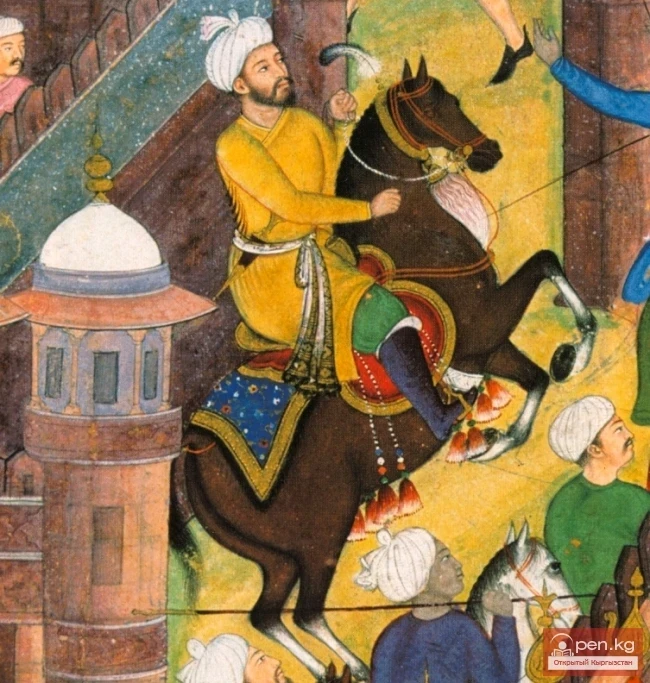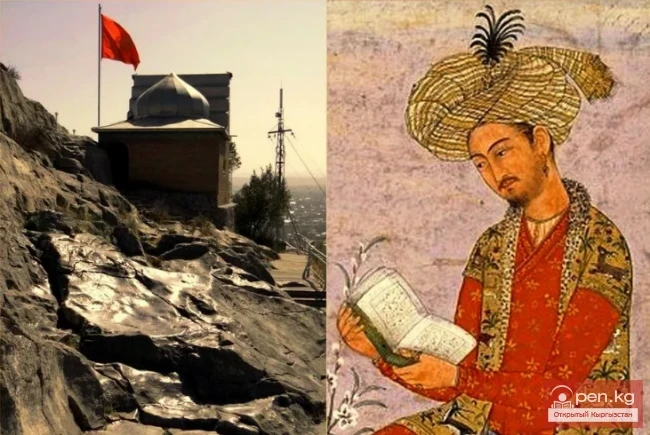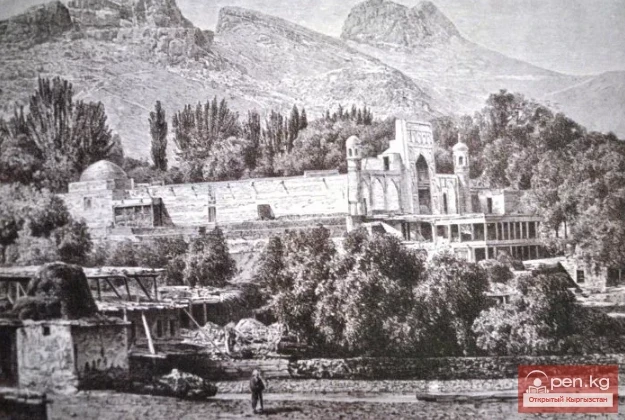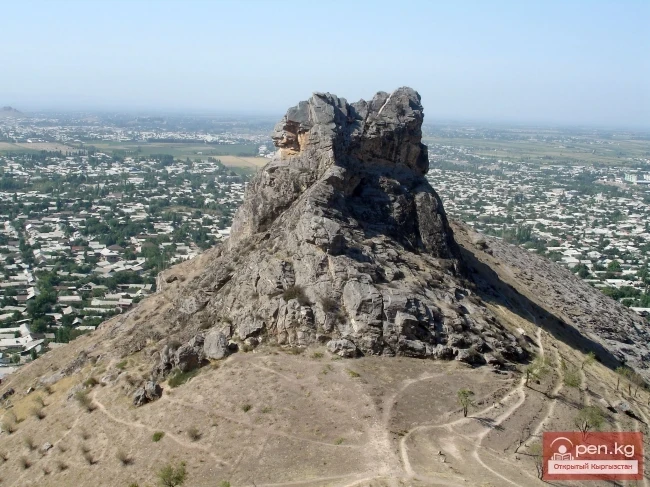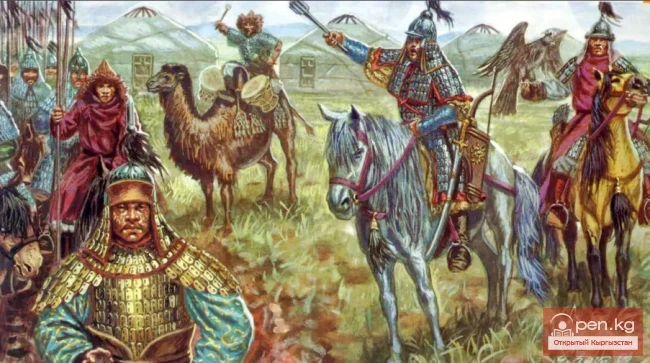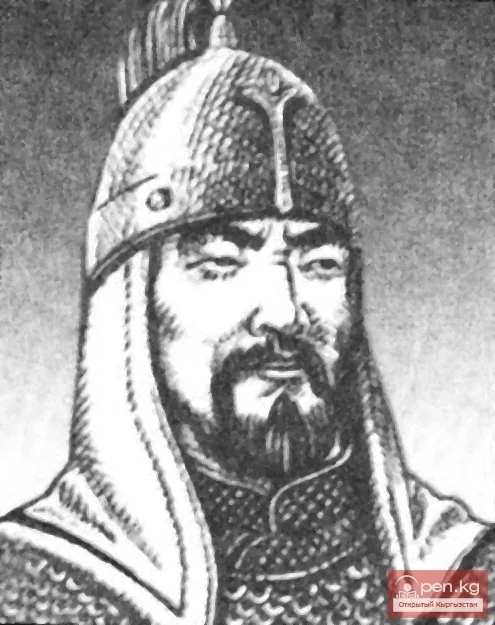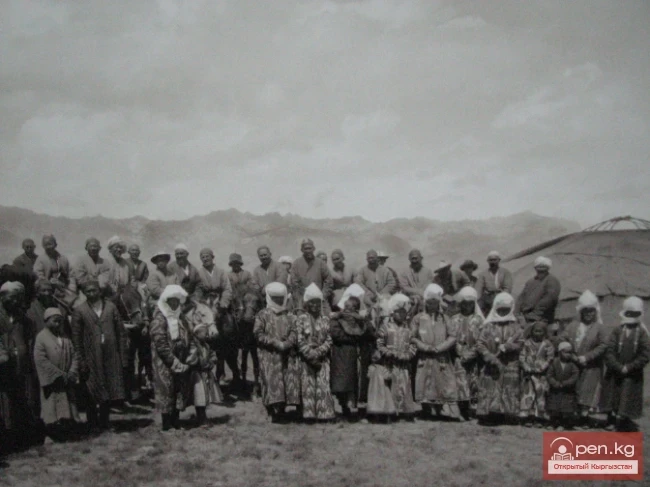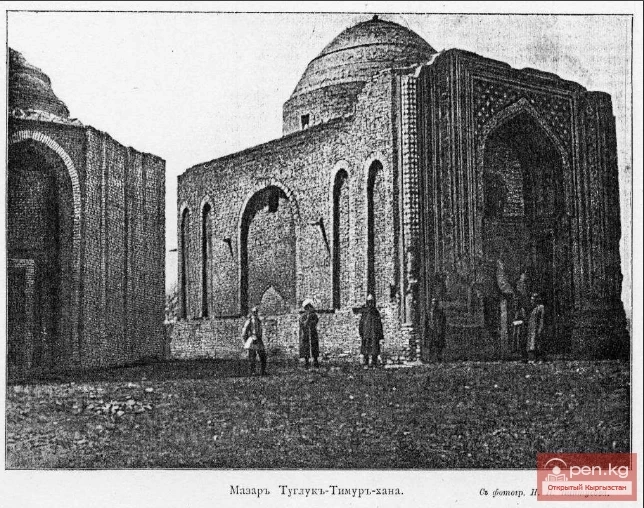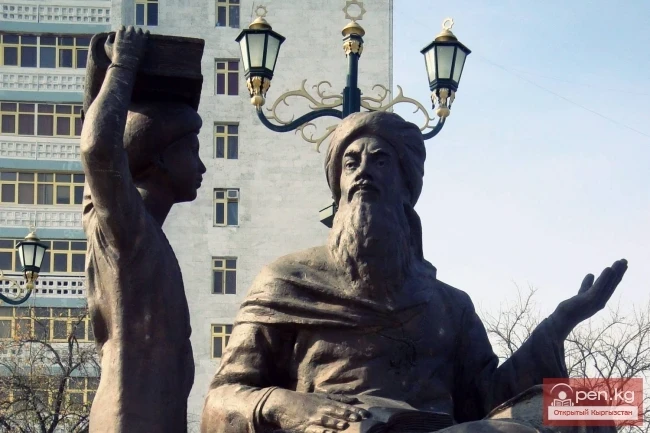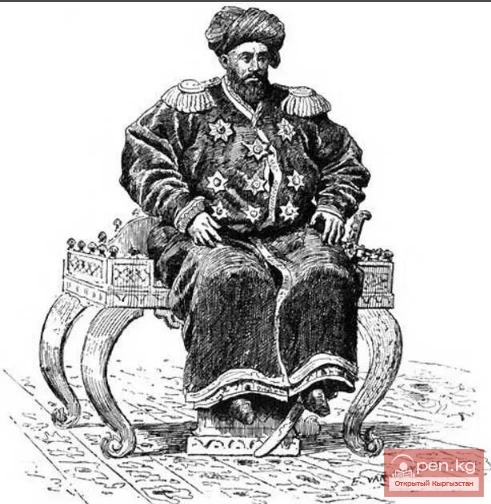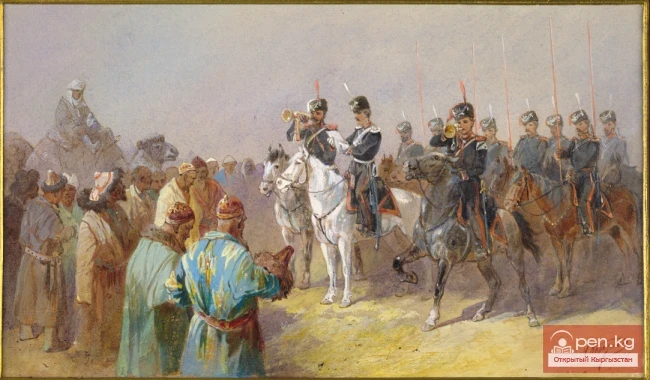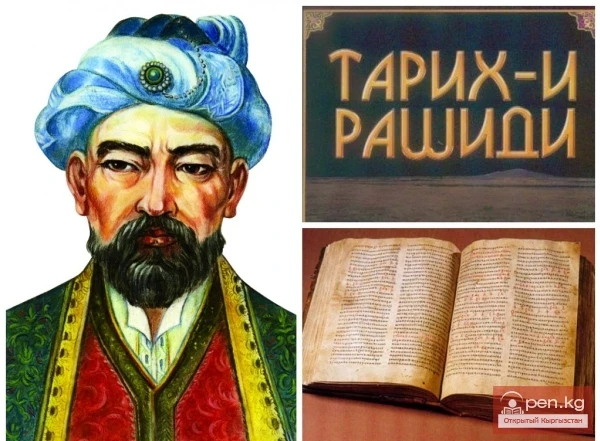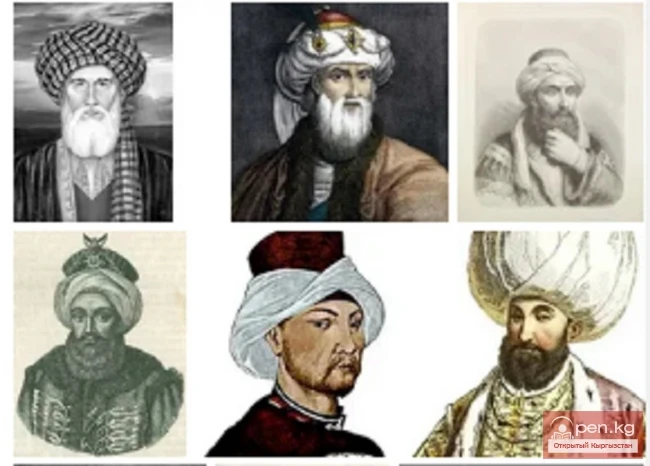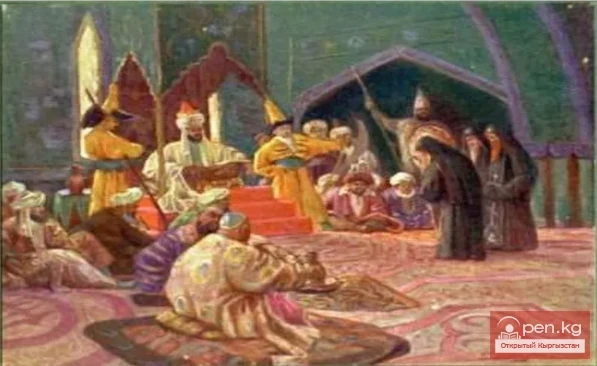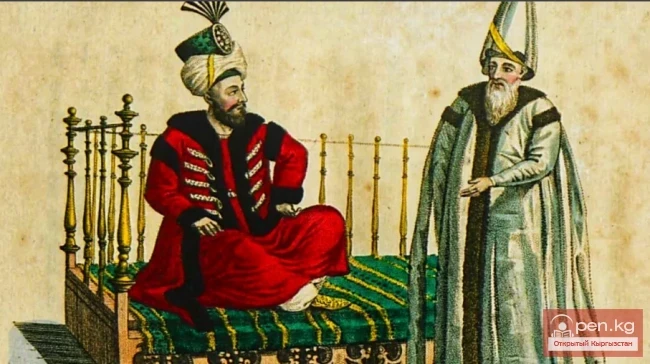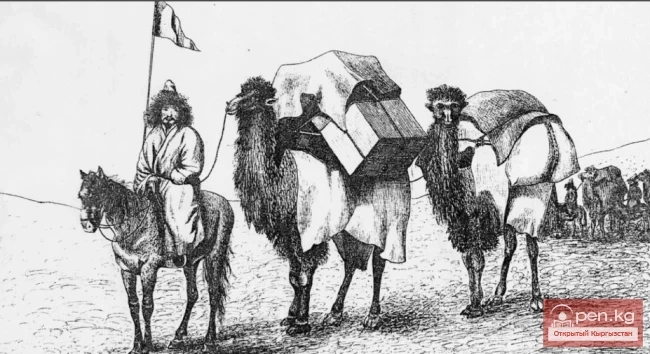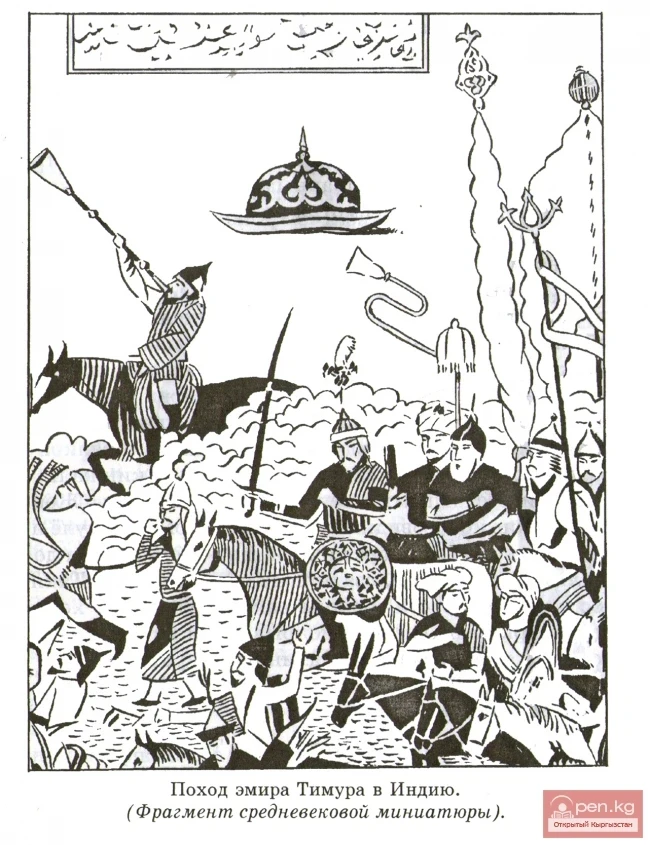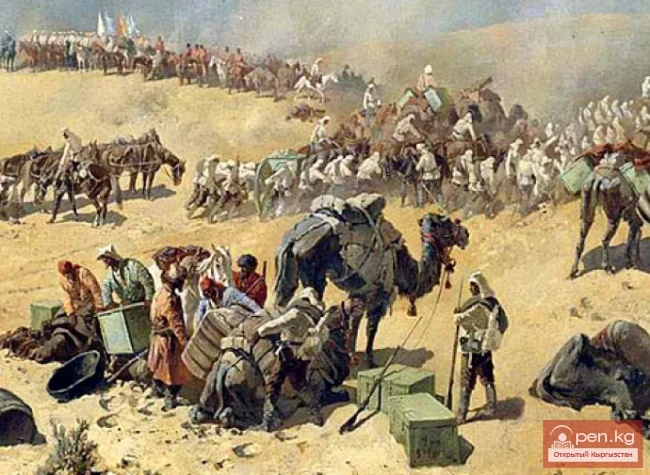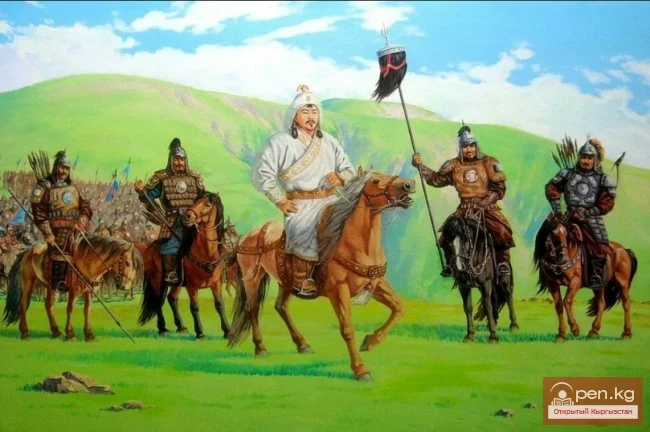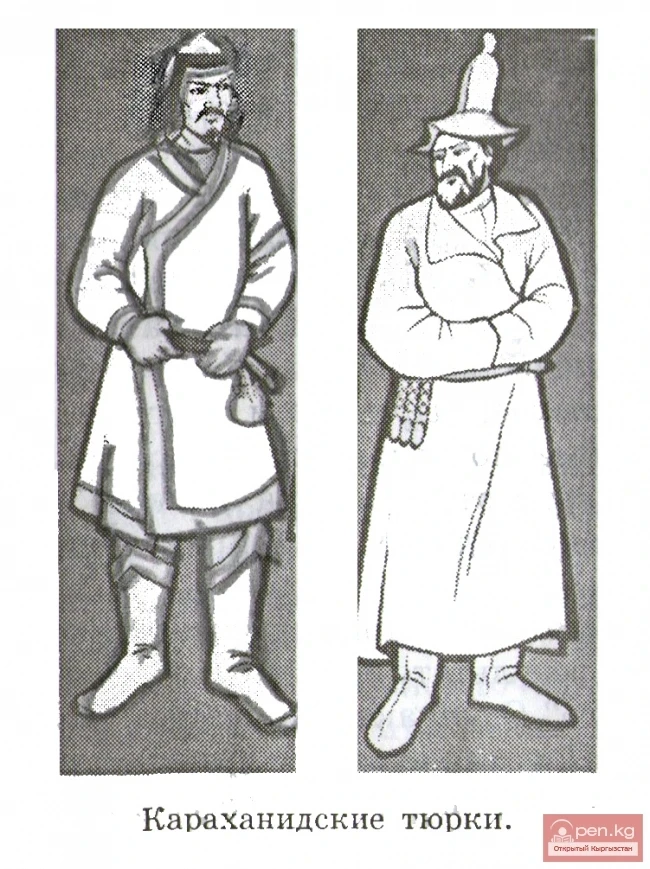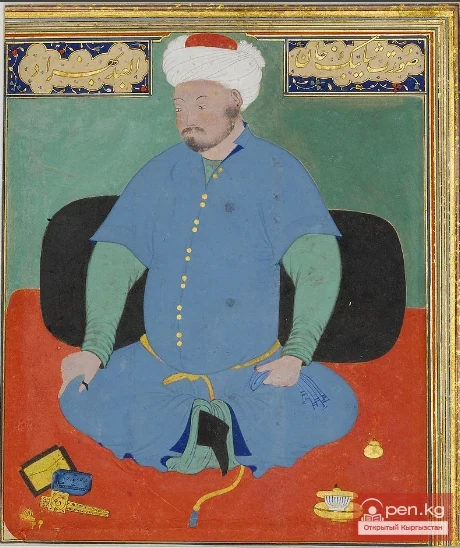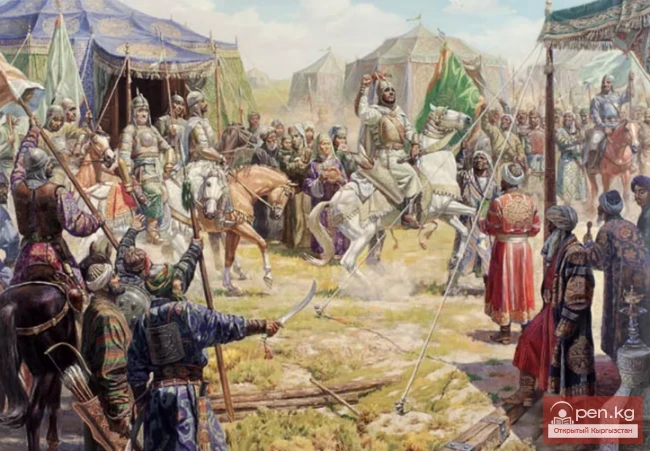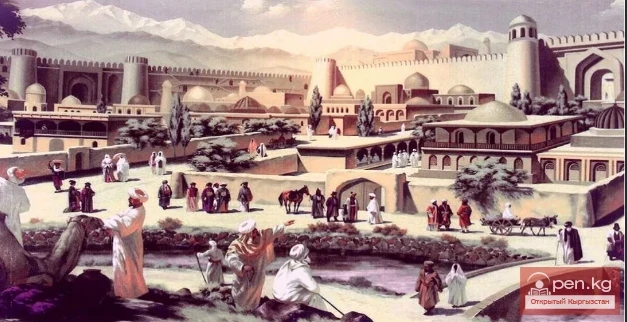The Timurid ruler and scholar - Zahir ad-Din Muhammad Babur (1483-1530), was the founder of the last powerful Muslim dynasty in India, which ruled the country until British colonization. Babur, a famous descendant of Emir Timur and nephew of the khans of Moghulistan (a state that encompassed Northern Kyrgyzstan, Semirechye, and Eastern Turkestan), became the ruler of Fergana at the age of 12 after losing his father, and chose Suleiman-Too in the city of Osh as his residence. Later, he ordered the construction of a khujra, i.e., a cell.
In 1504, Babur was forced to flee to Afghanistan due to the invasion of nomadic Uzbeks led by Shaybani Khan.
In 1519, Babur invaded Northern India and subsequently founded the Mughal Empire (1526-1858). In his memoirs "Baburnama," he mentions the Chogorok tribe in the Alai Mountains. The descendants of this Kyrgyz people still inhabit the south of Kyrgyzstan and the Pamirs.
The book "Baburnama" covers the historical events of his era that took place in Central Asia, Afghanistan, and India.
“...Whoever reads Baburnama” - will see how much suffering,
And how much sorrow the king and poet Babur endured!”
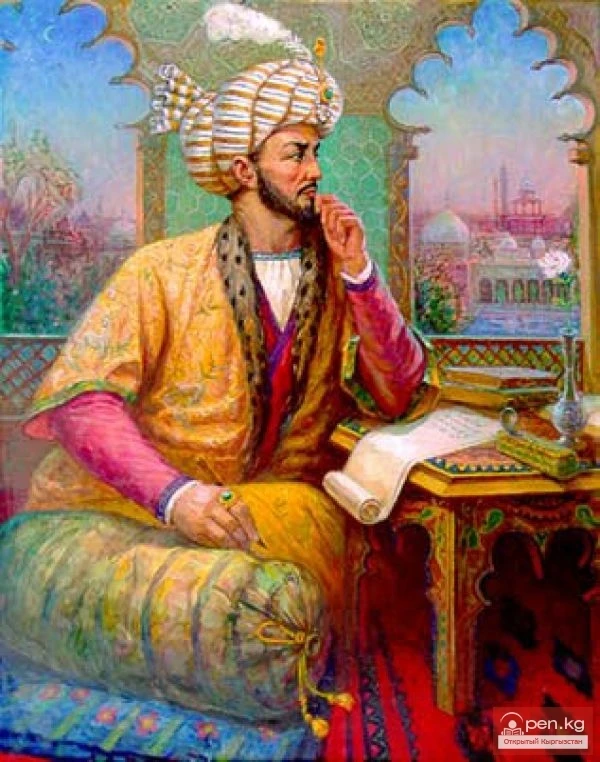
This autobiographical couplet reflects the creative spirit of Babur, who worked tirelessly both as a ruler and as a scholar.
Babur left behind poems and verses, as well as the "Treatise on the Aruz," dedicated to the theory of verse. His descendants sought to combine the best aspects of the cultures of various ethnic groups in India, both local and incoming Central Asian peoples, sometimes experimenting with a new syncretic religion based on a combination of Islamic and Hindu postulates ("din-i ilahi" - "divine religion"), and the Taj Mahal - a "stone symphony" in Agra, etc.
